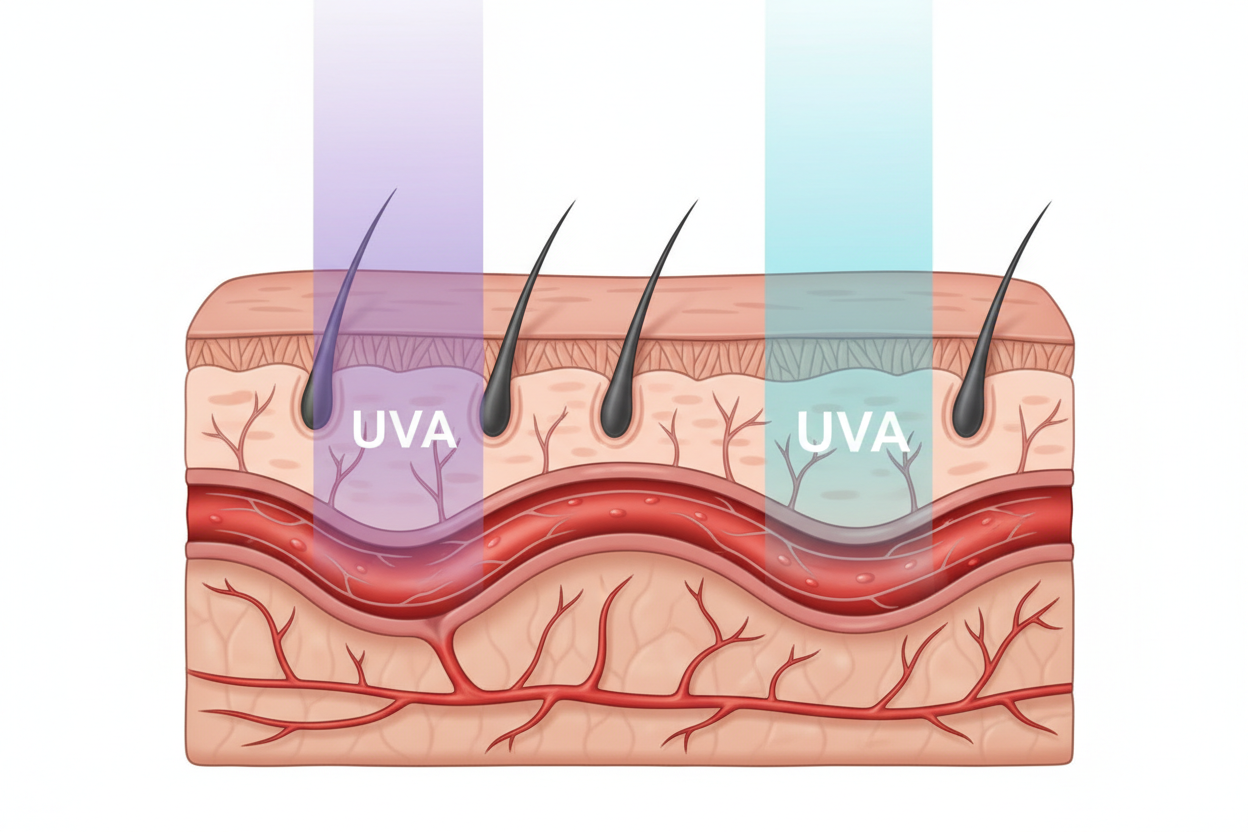Dopamine is a neurotransmitter that plays a key role in many brain functions, including motivation, reward, learning, and memory. Proper functioning of the dopamine system is essential for overall health and well-being. One of the important factors that can support the dopamine system is DHA (docosahexaenoic acid), an omega-3 fatty acid that is abundant in seafood.
DHA is an essential fatty acid, which means that the body cannot produce it in sufficient amounts and it must be obtained through the diet. This fatty acid is crucial for the proper development and functioning of the brain, especially in the area of the dopamine system. In this article, we will focus on the mechanisms by which DHA supports the dopamine system and the importance of consuming seafood as a source of this vital nutrient.
Mechanisms of DHA action on the dopamine system
DHA (docosahexaenoic acid) is an omega-3 fatty acid that plays a key role in brain function and neuron health, especially in relation to dopamine. Here is an overview of some mechanisms by which DHA supports the dopamine system:
1.
Increases GDNF production:
- DHA increases levels of GDNF (glial cell line-derived neurotrophic factor), which is a growth factor that supports the survival of dopaminergic neurons and their proper function [1]. GDNF protects dopaminergic neurons from damage and promotes their regeneration, which can have a positive effect on the function of the dopamine system.
2. Modulation of D2 dopamine receptors:
- DHA acts as a positive allosteric modulator of D2 dopamine receptors, which means it enhances the efficacy of these receptors and thereby supports dopamine signaling [2]. D2 receptors play a key role in regulating dopamine release, and their proper function is essential for the optimal functioning of the dopamine system.
3. Increases tyrosine hydroxylase activity:
- Tyrosine hydroxylase is a key enzyme in dopamine synthesis that converts tyrosine to L-DOPA, a precursor of dopamine. DHA increases the activity of this enzyme, which may lead to higher dopamine production [3]. Increased tyrosine hydroxylase activity may help maintain optimal dopamine levels in the brain.
4. DHA around dopamine receptors:
- DHA forms a "coating" around dopamine receptors, which can improve signal transmission and overall activity of these receptors, thereby supporting more efficient dopamine signaling [4]. This mechanism may contribute to better communication between neurons and enhance the functioning of the dopamine system.
5. Ligand for retinoid-X receptor:
- DHA is a ligand for the retinoid X receptor (RXR), which influences the production and activity of dopamine downstream, meaning that the interaction between DHA and RXR can impact dopamine signaling and neuroplasticity [5]. RXR is a nuclear receptor that regulates the expression of genes involved in various biological processes, including the development and functioning of the nervous system.
Why seafood?
Seafood is the best source of DHA. Fatty fish such as salmon, mackerel, sardines, and tuna contain high levels of DHA [6]. Additionally, consuming seafood outdoors can provide extra health benefits, such as increased exposure to sunlight, which promotes vitamin D production and can further support overall brain health [7].
Recommendation
For optimizing the benefits of DHA, regular consumption of fatty fish such as salmon, mackerel, sardines, and tuna is recommended. Research shows that increased DHA intake is associated with improved cognitive function, neuroprotection, and overall brain health [8, 9]. The recommended daily dose of DHA ranges between 250-500 mg, which can be achieved by consuming seafood at least twice a week [10].
Besides consuming seafood, DHA can also be obtained from dietary supplements such as fish oil or microalgae. These supplements can be a suitable alternative for individuals who do not consume enough seafood or have specific dietary requirements [11].
Conclusion
DHA plays an important role in supporting the dopamine system and overall brain health. This omega-3 fatty acid influences the functioning of the dopamine system through various mechanisms, such as increasing GDNF production, modulating D2 receptors, enhancing tyrosine hydroxylase activity, and interacting with the retinoid X receptor. Regular consumption of seafood rich in DHA or taking supplements containing DHA can help optimize the functioning of the dopamine system and support cognitive functions and neuroplasticity.
It is important to realize that DHA is only one of the factors influencing the dopamine system, and a comprehensive approach including a healthy diet, regular exercise, sufficient sleep, and stress management is essential for overall brain health. However, including DHA in the diet can be a valuable benefit for supporting the dopamine system and overall brain health.
Links:
1. https://www.ncbi.nlm.nih.gov/pmc/articles/PMC6024833/
2. https://www.ncbi.nlm.nih.gov/pmc/articles/PMC5603098/
3. https://pubmed.ncbi.nlm.nih.gov/16216930/
4. https://www.ncbi.nlm.nih.gov/pmc/articles/PMC4772061/
5. https://pubmed.ncbi.nlm.nih.gov/28223116/
6. https://ods.od.nih.gov/factsheets/Omega3FattyAcids-HealthProfessional/
7. https://www.ncbi.nlm.nih.gov/pmc/articles/PMC3356951/
8. https://www.ncbi.nlm.nih.gov/pmc/articles/PMC4772061/
9. https://www.ncbi.nlm.nih.gov/pmc/articles/PMC6566772/
10. https://www.heart.org/en/healthy-living/healthy-eating/eat-smart/fats/fish-and-omega-3-fatty-acids
11. https://ods.od.nih.gov/factsheets/Omega3FattyAcids-HealthProfessional/#h3





Leave a comment
This site is protected by hCaptcha and the hCaptcha Privacy Policy and Terms of Service apply.